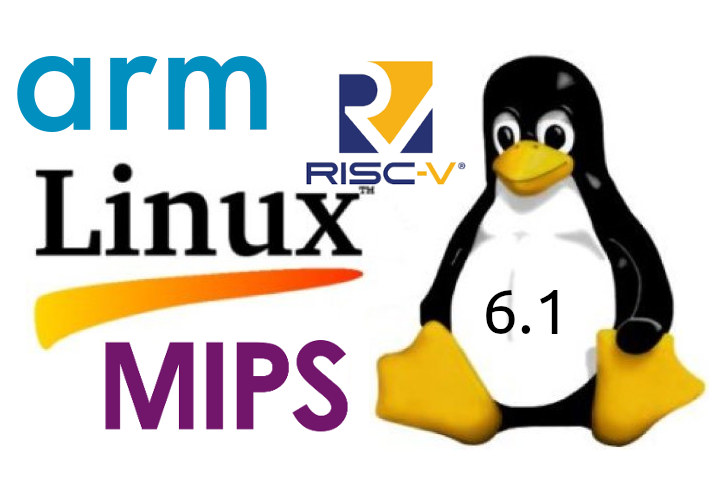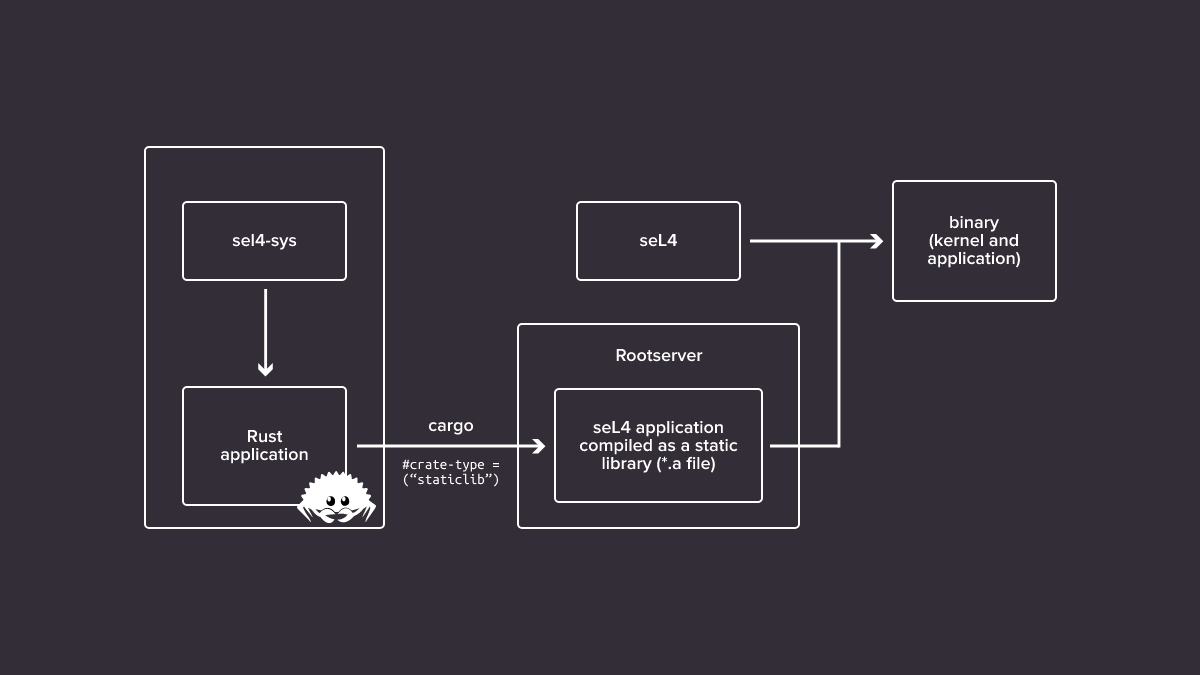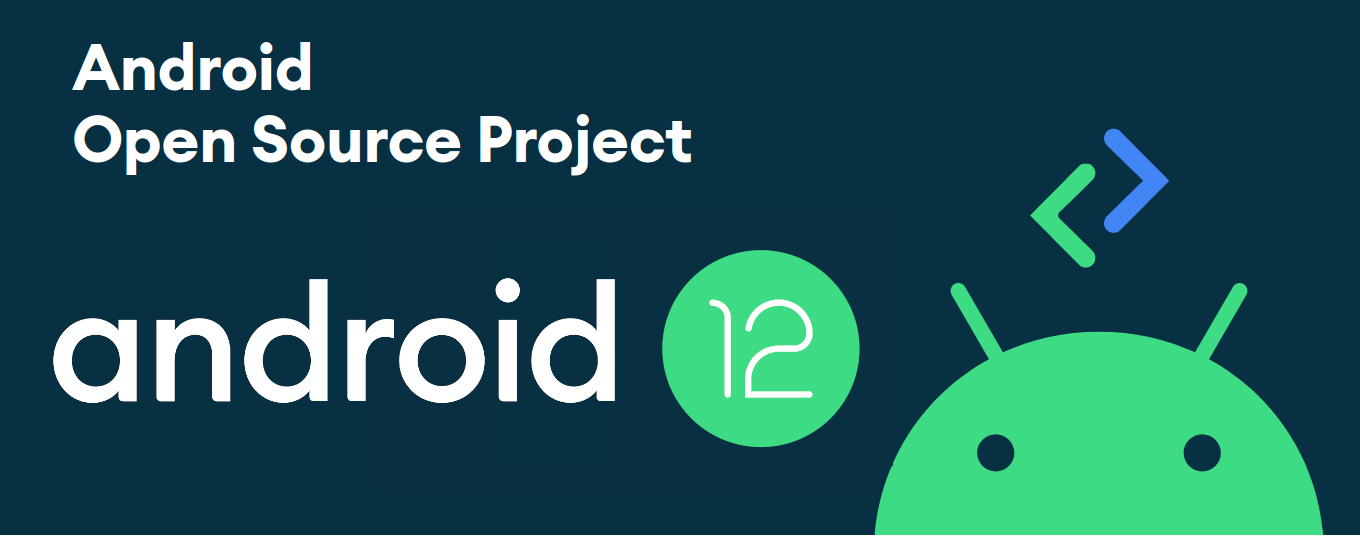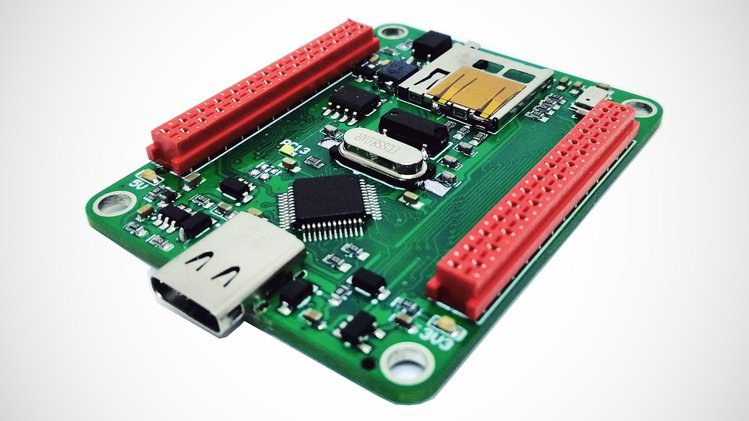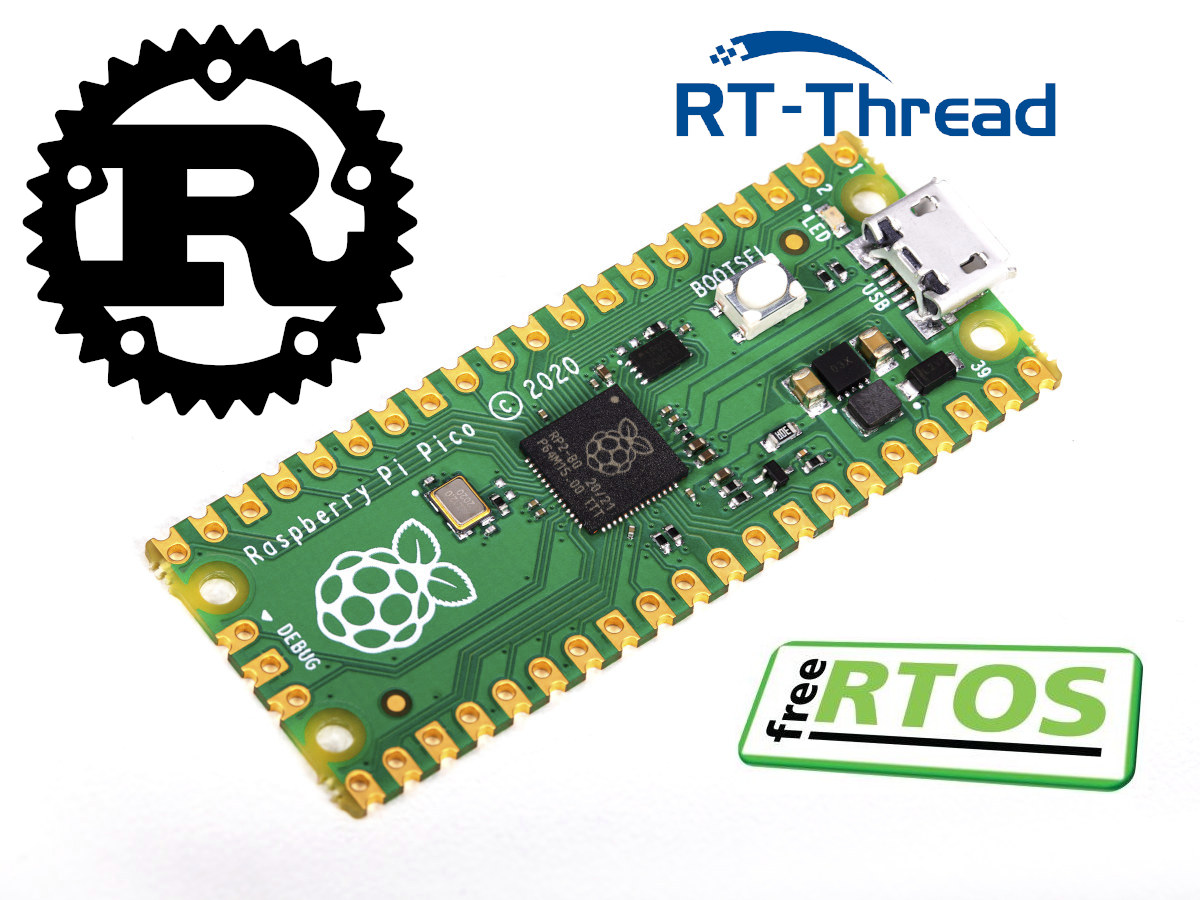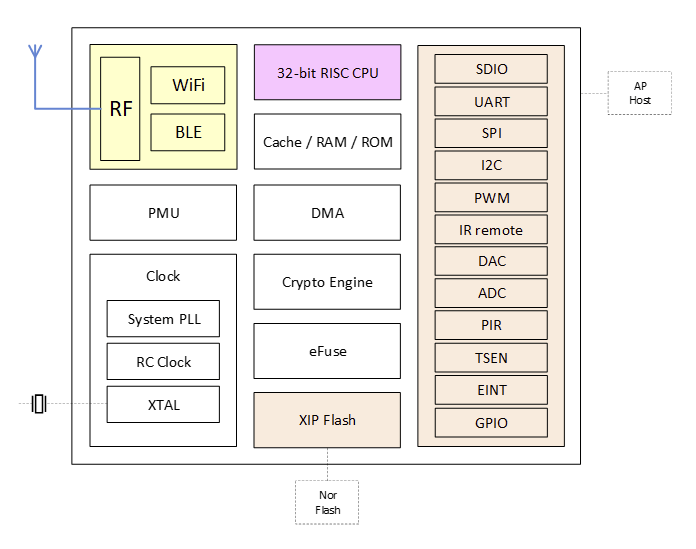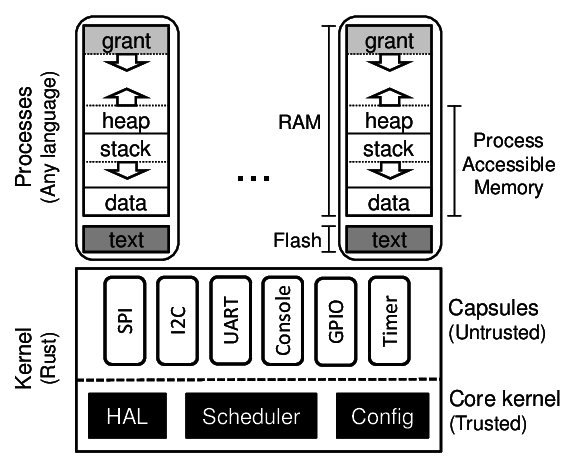Linus Torvalds announced the release of Linux 6.1, likely to be an LTS kernel, last Sunday: So here we are, a week late, but last week was nice and slow, and I’m much happier about the state of 6.1 than I was a couple of weeks ago when things didn’t seem to be slowing down. Of course, that means that now we have the merge window from hell, just before the holidays, with me having some pre-holiday travel coming up too. So while delaying things for a week was the right thing to do, it does make the timing for the 6.2 merge window awkward. That said, I’m happy to report that people seem to have taken that to heart, and I already have two dozen pull requests pending for tomorrow in my inbox. And hopefully I’ll get another batch overnight, so that I can try to really get as […]
Google KataOS – A secure OS for embedded systems written in Rust (mostly)
Google Research has been working on its own Rust-based operating system called KataOS and designed to secure embedded systems that run Machine Learning (ML) applications. There has been a lot of talk about the Rust programming language in recent times, since it offers about the same level of performance as C programming but helps programmers write more secure code with built-in prevention against buffer overflows for instance. It has gained a lot of traction over the years, and Linux 6.1 will be the first kernel release to include Rust code. Google Research noticed that system security is often treated as a feature that can be added to existing systems either by software or an extra security chip. But in a world, where more and more of our private data is exposed to the world through the Internet, it is not good enough, so the company developed KataOS open-source, secure operating […]
Embedded World 2022 – June 21-23 – Virtual Schedule
Embedded World 2020 was a lonely affair with many companies canceling attendance due to COVID-19, and Embedded World 2021 took place online only. But Embedded World is back to Nuremberg, Germany in 2022 albeit with the event moved from the traditional month of February to June 21-23. Embedded systems companies and those that service them will showcase their latest solution at their respective booths, and there will be a conference with talks and classes during the three-day event. The programme is up, so I made my own little Embedded World 2022 virtual schedule as there may be a few things to learn, even though I won’t be attending. Tuesday, June 21, 2022 10:00 – 13:00 – Rust, a Safe Language for Low-level Programming Rust is a relatively new language in the area of systems and low-level programming. Its main goals are performance, correctness, safety, and productivity. While still ~70% of […]
Android 12 source code pushed to AOSP
Google has now pushed Android 12 source code to AOSP (Android Open Source Project), after introducing Android 12 new features and the developer preview in February, and the first Android 12 Beta in May. The latest version of the mobile operating system should become available on recent Google Pixel phones in the next few weeks, followed by phones from Samsung, OnePlus, Oppo, Realme, Tecno, Vivo, and Xiaomi. You can download the code with the following command :
|
1 2 |
repo init -u https://android.googlesource.com/platform/manifest -b android-s-beta-5 repo sync |
Eventually, there should be an Android 12 tag in the manifest similar to android-12.0.0.0_r1. But that still means developers can start retrieving the source code to adapt the operating system to their needs, for example, to implement support for single board computers or TV boxes that do not use Android TV OS. The release notes for the source code list of the changes made to Android 12 OS including: Support for Android […]
Board::mini development tools offer a complete Vehicle-Hacking Platform (Crowdfunding)
If you are looking to connect to a vehicle’s CAN bus, then the newly launched open-source board::mini development tools include a board and expansion boards that will aid your application. BMC labs have introduced a development board based on the STM32 MCU and supporting expansion boards to increase the capabilities of the baseboard via a crowdfunding project. As mentioned earlier, the board:mini base development board features an STM32 MCU at its heart and comes with a CAN transceiver. For those who do not know what a CAN transceiver is, it just transmits and detects data on the CAN bus. The board:mini project also includes three expansion boards designed to fit on top of the base development board. The bmc::board project was born to produce development tools appropriate for both field- and industrial-prototyping work. These boards were not designed to sit on a workbench. We ourselves have a habit of strapping […]
Raspberry Pi Pico Gets supports for Rust, RT-Thread OS and FreeRTOS
In January end, we saw the launch of Raspberry Pi Pico equipped with an RP2040 dual-core Cortex-M0+ microcontroller working up to 133 MHz with official support for MicroPython and C. In this feature, we will be discussing the Raspberry Pi Pico’s flexible software support compatible with RP2040 MCU, apart from the MicroPython, C/C++, and upcoming Arduino IDE software support. We will specifically be focusing on Rust, RT-Thread OS, and FreeRTOS support for Raspberry Pi Pico. Rust Code Running on Raspberry Pi Pico Rust language is considered fast, reliable, and secure when it comes to IoT gateways. It also opens up the option for writing extremely low-level code, such as operating system kernels or microcontroller applications. Porting Rust with RP2040 for working with Raspberry Pi Pico was seen in Jonathan Pallant’s Twitter Feed. The RP2040 comes with an external QSPI flash. The internal mask-ROM reads the programs from the external flash […]
BL602/BL604 RISC-V WiFi & Bluetooth 5.0 LE SoC will sell at ESP8266 price point
Hisilicon Hi3861 may be the first RISC-V WIFI SoC we’ve reported on, but due to political uncertainties and security concerns, supplies may not be available outside of China. So alternatives are welcomed, and Nanjing-based Bouffalo Lab (not a typo, 博流智能科技 in Chinese) has recently introduced BL602 and BL604 32-bit RISC-V WiFi and Bluetooth LE SoC for low-power IoT applications that are supposed to compete against ESP8266 in terms of price but with higher performance and additional features. The BL602 will also be integrated into an upcoming Sipeed Longan-series board, and potentially a new IoT board from Pine64. BL602 / BL604 key features & specifications: MCU subsystem – 32-bit RISC-V CPU with FPU with dynamic frequency from 1MHz to 192MHz, L1 cache Memory – 276KB SRAM on-chip Storage 128KB ROM, 1Kb eFuse, and optional Embedded Flash on-chip XIP QSPI flash support Wireless Wi-Fi 4 – 802.11 b/g/n @ 2.4 GHz Bluetooth […]
Tock Open Source OS for Secure IoT Systems Runs on Arm Cortex-M Microcontrollers
We already have a fair share of open source operating systems running on Arm Cortex-M microcontrollers with FreeRTOS, mbed OS, Zephyr OS, RIOT, and many others. Earlier this morning, as I wrote about the Embedded Linux and IoT Summit 2018, I discovered you can now also add Tock to the list, with the operating system specifically designed for (secure) IoT on Arm Cortex-M MCUs. According to the abstract, Tock aims to enable more secure and extensible IoT systems by using a language sandbox and hardware enforced mechanism to isolate third-party and other untrusted code in the system. The operating systems is comprised of three components: A trusted core kernel written in Rust language with a HAL, scheduler and platform-specific configuration Capsules compiled with the kernel and use Rust’s type and module systems for safety; typically used for drivers & virtualization layers User-space processes using the MPU for hardware protection at runtime; […]


